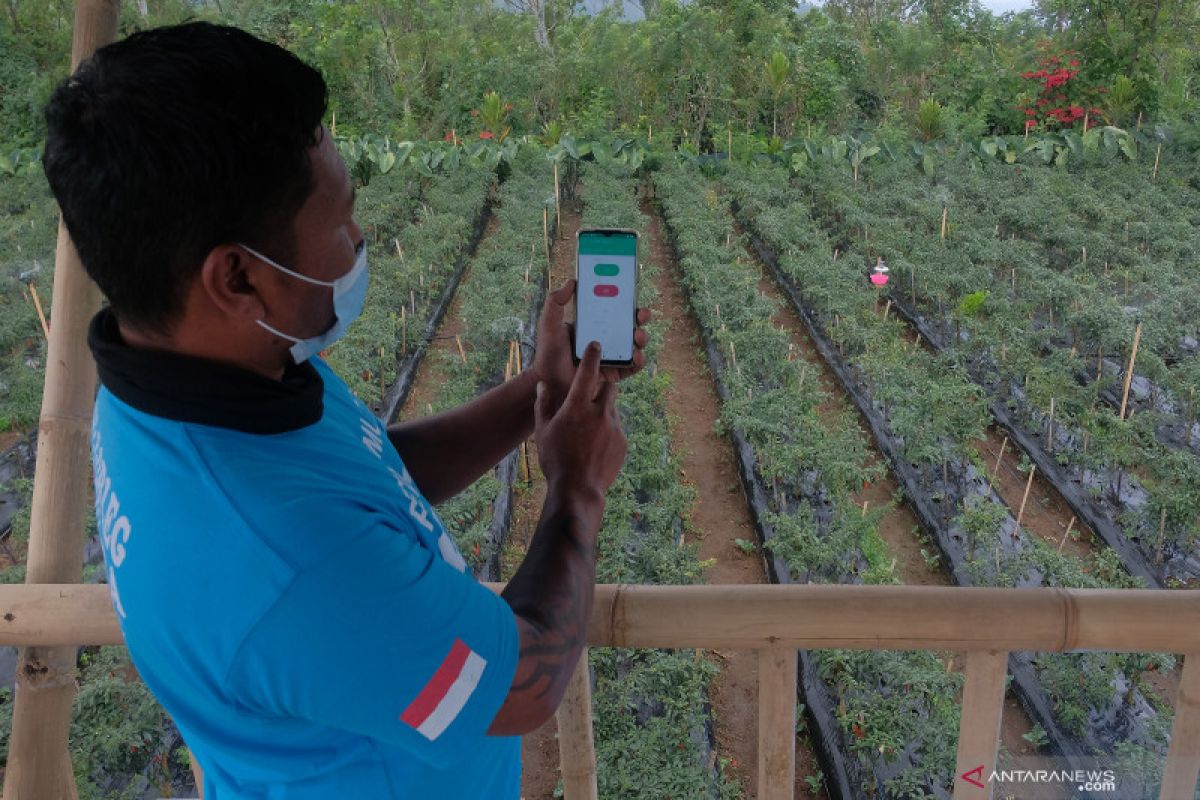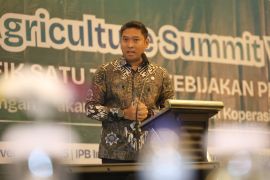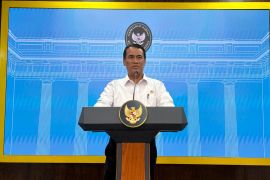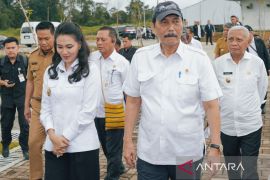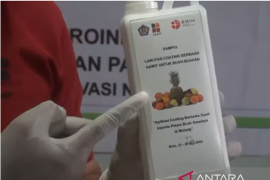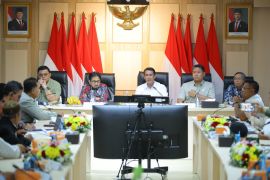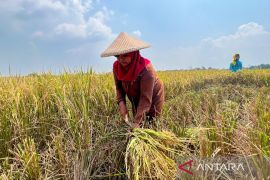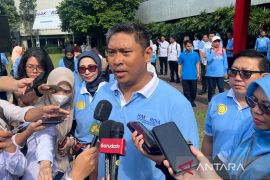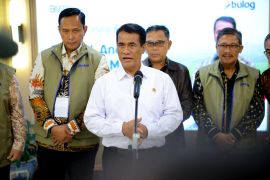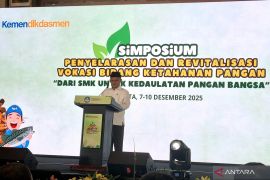The package assistance is a complete aid to drive growth of micro-agricultural MSMEs. In fact, we will monitor its development intensely through horticultural 'war rooms' from the center.Jakarta (ANTARA) - The Directorate General of Horticulture of the Agriculture Ministry has targeted equitable development of 2,358 horticultural villages across Indonesia by 2022 for boosting productivity of commodities of the horticultural sub-sector.
"We target 320 horticultural MSMEs that produce processed chilies, onions, and fruits and vegetables, as well as medicinal plants. All of them are 80 units each," Director General of Horticulture Prihasto Setyanto stated during a joint hearing of the House of Representatives here on Wednesday.
Setyanto noted that with the establishment of horticultural villages, the government will offer a complete assistance package comprising infrastructure and operational modes, such as three-wheeled transport vehicles, to facilitate the collection of goods.
"The package assistance is a complete aid to drive growth of micro-agricultural MSMEs. In fact, we will monitor its development intensely through horticultural 'war rooms' from the center," he stated.
Related news: Ministry introduces innovation of post-harvest horticultural commodity handling
Commission IV member of the House of Representatives Yohanis Francis Lema expressed support to the Ministry's programs in building a better agricultural sector.
"Personally, I support the Ministry of Agriculture because there is seriousness in work," he remarked.
Lema expects the Agriculture Ministry to give due attention to breakthroughs, mentoring, and post-harvest facilitation, especially for chili commodities.
Another member of Commission IV, Bambang Purwanto, also supports the development of sustainable food yard programs (P2L) that are able to drive growth of the economy in families, especially housewives, in obtaining healthy vegetables.
"I support and laud the ministry's P2L program, as it can boost the economy of families. This is outstanding, and if possible, the programs should be supplemented to reduce the families' economic burden," Purwanto emphasized.
The Agriculture Ministry also utilizes a budget cap of Rp14,451 trillion allocated to programs that are prioritized to enhance availability, access, and quality of food consumption as well as to improve added value, create jobs, and bolster investment in the real sector and industrialization.
Related news: Chief economic minister defends ban on horticultural imports
Translator: Aditya R, Kenzu T
Editor: Suharto
Copyright © ANTARA 2021
